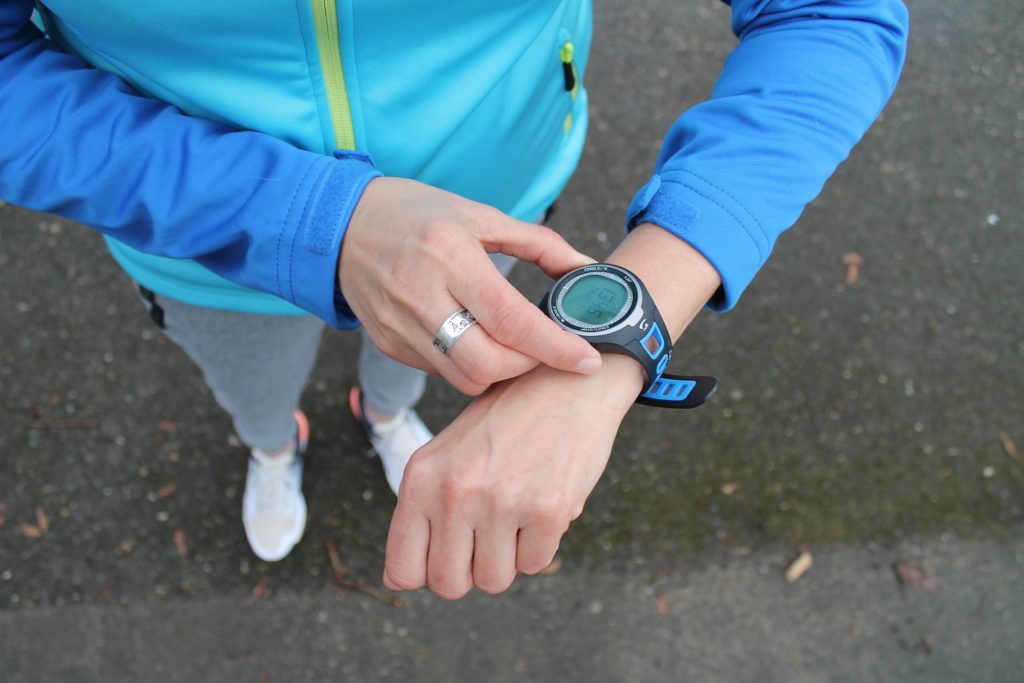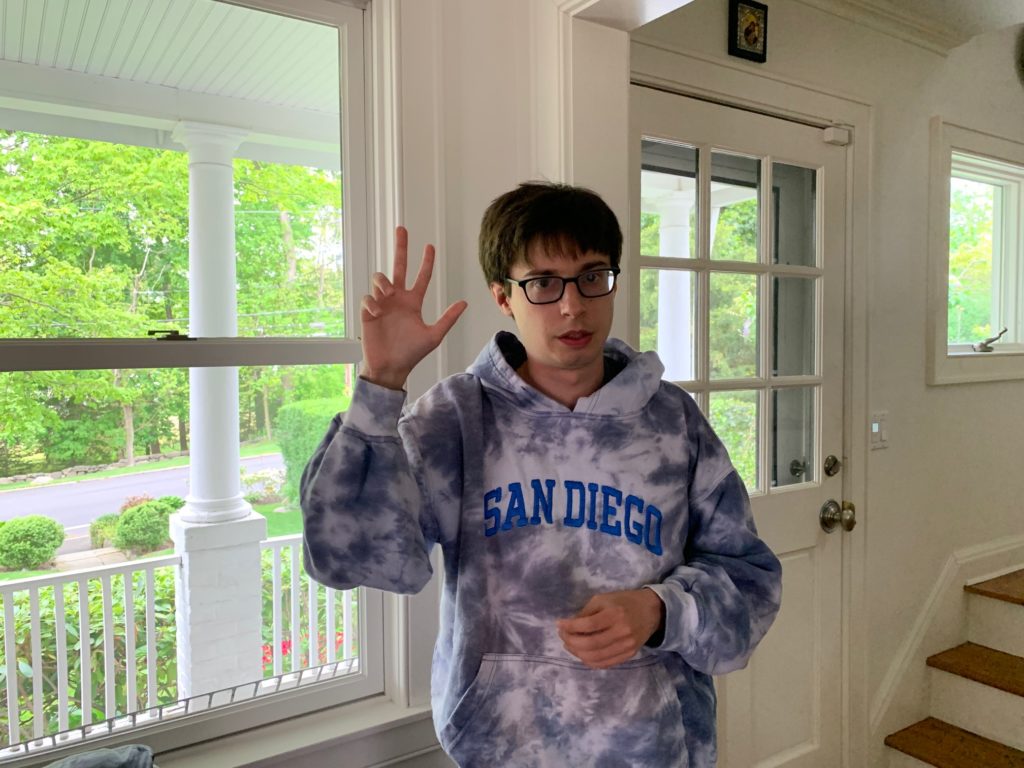
Diego, my 27-year-old autistic son, is the only person I know who never uses “I didn’t have time” as an excuse or explanation for what he does or does not do. Come to think of it, I’ve never even heard him say, “I’m so busy,” like the rest of us do way too often, half complaining, half showing off.
Following are three ways in which Diego understands time differently -and better -than the rest of us mortals.
All Time Is Not Felt Equally
Even before Einstein, we humans understood that our sense of time is relative. One hour is 60 minutes for everyone, yet our experience of 60, 42, 20, 7.5 minutes — any amount of time for that matter — varies.
On the one hand, three minutes of dental torture — not enough sedation, say — can feel like 33 minutes. On the other, 33 minutes watching car videos on YouTube can turn into 3 hours that felt like 3 minutes to my husband.
Heck, when I run for 33 minutes, one day it can feel like twice that long, and the next day like half that long. Running is definitively a pursuit that distorts our sense of time, stretching or shrinking it. Referring to the young, fast runners he comes across on his runs, and comparing their pace to his own, writer/ runner Haruki Murakami notes,
“And I have my own pace, my own sense of time. The two are completely different, but that’s the way it should be.” (What I Talk about When I Talk about Running)
You can also play with time, as my mother does when she sets the timer just to see how much she can get done during that span of time. Leave it to my 80-year-old mother (may God bless her and grant her a supercentenarian life!) to come up with playful ways to use the time dimension to challenge herself.
I’m often bewildered by how Diego experiences time. He can wait while doing nothing longer than anyone I know. He takes his meds at 7:00 PM. (It has to be 7:00 PM unless a valid exception has been stated beforehand.) Sometimes, he will stand there and look at the oven clock for 20 minutes until it gets to 7:00.
To him, those 20 minutes surely don’t feel the same way they’d feel to anyone else doing the same thing!
You Absolutely Have Time (If You’re Not Dead)
Surely the resource we should be managing most carefully is our time, given that, as Nobel-winning economist Daniel Kahneman notes,
“The central fact of our existence is that time is the ultimate finite resource.” (Thinking, Fast and Slow)
There’s an endpoint to the time we have. Specifically, time runs out the moment we die, which means only the dead would be speaking truthfully if they said “I didn’t have time.” As long as you’re alive, you absolutely have time.
You can also measure time, just as we measure other stuff we view as real and absolute: how much we weigh, how many figures in our income, and the number of bathrooms in our home.
Every person’s time on the planet is finite, its duration unknown, unless you’re on death row of course. While the time each one of us gets from birth to death does vary, we don’t live as if we expected our life span to be different from anyone else’s — which is quite illogical since neither longevity nor an average lifespan (78.7 years in the US) is a given for any individual.
And yet, at some level, we all recognize that a high number of years on our death certificate doesn’t translate into having lived a better life. How we live the time we get is the question. As the Stoic philosopher said:
“As it is with a play, so it is with life — what matters is not how long the acting lasts, but how good it is.” Seneca, in Letters from a Stoic
Unlike with lifespan, everyone gets the exact same 24 hours with every spin of the Earth’s axis. And so, when we bemoan not having enough time on any given day, it’s as if we were complaining to the Gods for unfairly granting us just 21 instead of 24 hours like everyone else. Perhaps this is why one of my bizarre fantasies is that I — and only I — get to have 28-hour days and no one knows it, so everyone wonders how I can possibly accomplish so much!
Given individual constraints then, to a larger extent than we admit to ourselves, how we use the measurable time we have is a choice.
I’m convinced Diego just knows this. Because there’s choice involved, it doesn’t occur to him that he didn’t do this or that because he had no time. He just states what he did or didn’t do:
- Did you do your physical therapy exercises? “I went to the beach with tia Lole.”
- Did you empty the dishwasher? “I was waiting until 7:00 PM after I took my meds.”
- Did you brush your teeth? “I did, before I started watching the movie.”
- Did you go see Abuela? “I went at 2:43 PM.”
I, for instance, have often invoked “being too busy” and “not having time” as excuses not to visit my mother, who lives a few minutes from me. I might’ve done important-sounding things instead, like finally finishing a report for work that was due yesterday or going to a doctor’s appointment. Or I might’ve opted to go on a run and watch TV.
It’s all the same. I could, if I so chose, have visited my mother instead.
Diego has forever known the absolute value of time, and how it is telling of what you deem important. As the fox said to The Little Prince,
“It’s the time you spent on your rose that makes your rose so important.”
In the end…
It’s not that you don’t have enough time, it’s just that time is the trickiest dimension there is. I’d say Diego grasps time better than most people: like a weird dimension that’s relative in some ways and absolute in others.
A moment of misery can feel never-ending, while an instant of pure joy can make time disappear. Then too, there’s the fact that the most drastic event that everyone will go through will be running out of time — you know, death.
And so, as long as I haven’t run out, I’ll try to use better excuses than “I didn’t have time.”

🎧 Click below for an audio recording of this article. For those who prefer to listen.

